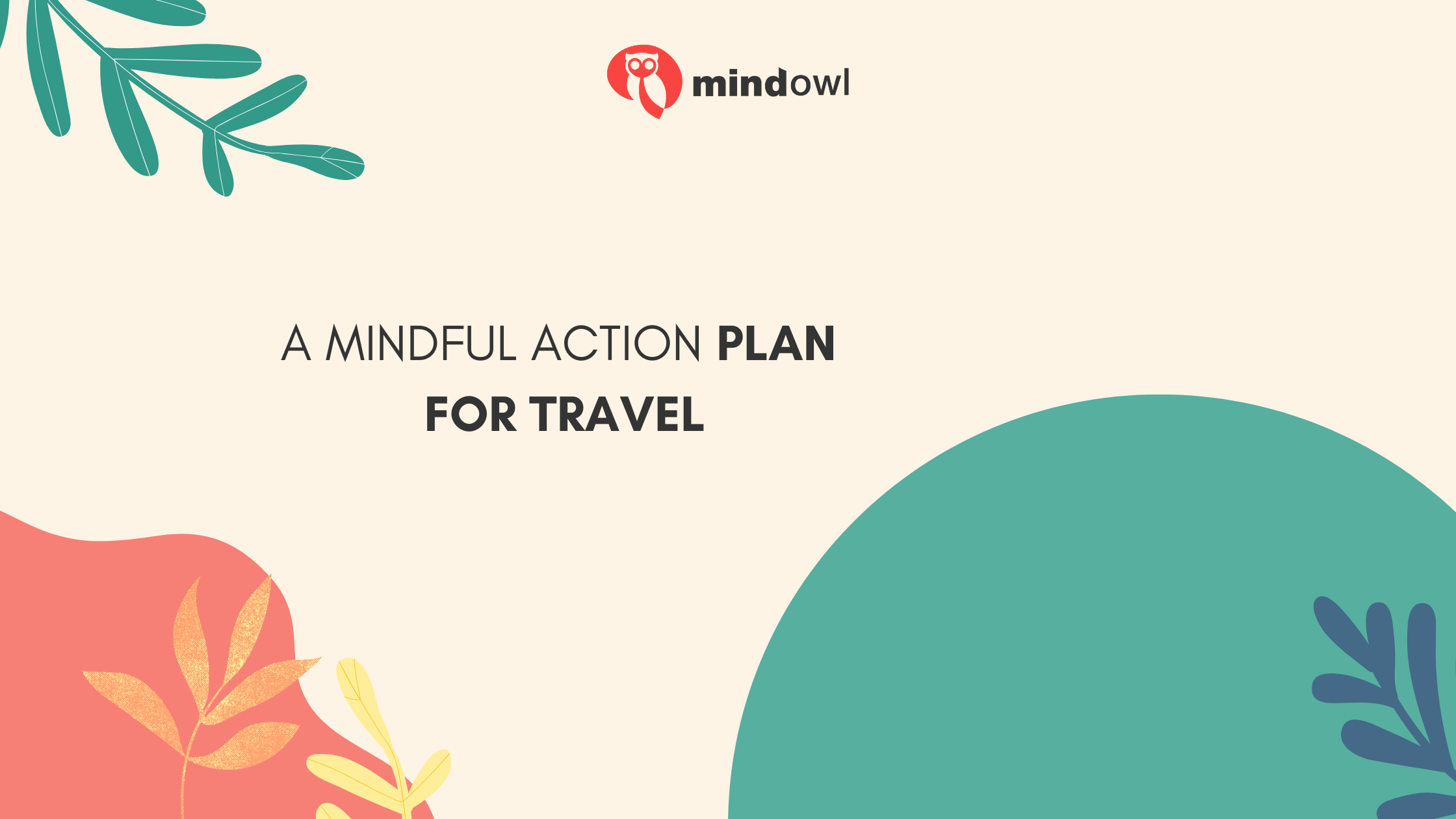
Traveling is one of life’s greatest joys, offering opportunities to explore new destinations, experience different cultures, and create lasting memories. However, without proper planning, travel can quickly become stressful and overwhelming. By adopting a mindful action plan, you can approach your journey with intention, ensuring a smoother, more enjoyable experience while minimizing potential pitfalls. Keep on reading to learn more!
Setting Clear Goals for Your Trip
The first step in mindful travel is identifying your goals. Are you seeking relaxation, adventure, cultural immersion, or personal growth? Understanding your purpose helps shape your itinerary and ensures your trip aligns with your expectations. For instance, a wellness retreat might prioritize tranquil environments and downtime, while a sightseeing tour could emphasize museums, landmarks, and guided excursions.
When setting goals, consider who will accompany you and their preferences. Balancing your desires with those of your travel companions fosters harmony and makes the trip more enjoyable for everyone. Communication is key—discuss expectations and create a shared vision of what you hope to achieve during your travels.
Researching Destinations and Logistics
Once you’ve established your travel goals, the next step is thorough research. Selecting a destination that aligns with your interests and budget is crucial. Dive into resources like travel blogs, guidebooks, and local forums to uncover unique experiences, seasonal highlights, and practical tips about the area.
Logistical planning is equally important. Research flights, accommodations, and transportation options to ensure convenience and cost-effectiveness. Consider alternative options like staying in boutique hotels, vacation rentals, or eco-lodges to enhance your experience while supporting sustainable travel practices. Booking in advance can secure better rates and availability, but remain flexible to accommodate any unforeseen changes.
Don’t forget to familiarize yourself with local customs, cultural norms, and etiquette. Respect for a destination’s culture enriches your experience and leaves a positive impression on the communities you visit.
Preparing Essential Documents and Legal Considerations
One often-overlooked aspect of travel planning is ensuring all necessary documentation and legal matters are in order. Begin by checking the validity of your passport and applying for any required visas well in advance. For international travel, some countries require specific vaccinations or travel health documents. It’s also essential to safeguard your financial and legal interests. Secure comprehensive travel insurance that covers medical emergencies, cancellations, and lost belongings.
If your trip involves any complex legal arrangements, such as extended stays, rental agreements, or work visas, consulting a professional can help. In unique scenarios, seeking advice from a knowledgeable attorney in Atlanta or your local area may clarify any legal obligations before you embark on your journey. Making digital and physical copies of important documents, including your passport, insurance, and itinerary, ensures you have backup options in case of loss or theft. Store these copies securely and share a copy with a trusted contact at home for added peace of mind.
Packing Strategically and Sustainably
Packing is a vital component of mindful travel. Start by making a list of essentials tailored to your destination’s climate, activities, and duration of stay. Packing light not only reduces the physical burden of carrying heavy luggage but also minimizes your environmental impact.
Choose versatile clothing that can be layered or mixed and matched to suit various occasions. Opt for reusable travel items like water bottles, utensils, and tote bags to reduce single-use plastic waste. Prioritize comfort and practicality without compromising style—comfortable shoes, weather-appropriate outerwear, and travel-sized toiletries are must-haves.
And, consider packing items that enhance your mindfulness practice, such as a journal, yoga mat, or calming essential oils. These tools can help you stay grounded and relaxed throughout your journey.
Practicing Mindful Travel During the Journey
Once your trip begins, mindfulness can transform how you experience each moment. Start by embracing the journey itself—whether by plane, train, or car—rather than focusing solely on the destination. Bring books, music, or podcasts that align with your travel goals to make the transit enjoyable and productive.
Upon arrival, take time to acclimate and familiarize yourself with your surroundings. Engaging your senses—feeling the texture of sand on the beach, savoring local cuisine, or listening to the rhythms of a new city—can deepen your connection to the place.
Remaining present and flexible is key to mindful travel. Unexpected delays or changes can be frustrating, but viewing them as opportunities to discover something new or pause for reflection can shift your perspective. Slowing down and appreciating the journey allows for more meaningful experiences than rushing from one attraction to another.
Engaging Authentically with Local Communities
Travel provides a chance to connect with people and cultures that differ from your own. To engage authentically, seek opportunities to interact with locals through markets, community events, or cultural workshops. Learning a few basic phrases in the local language demonstrates respect and fosters goodwill.
Supporting local businesses and artisans is another way to make a positive impact. Instead of purchasing mass-produced souvenirs, consider buying handcrafted goods or dining at locally-owned restaurants. This practice not only enriches your experience but also contributes to the local economy.
Mindful travelers also respect the natural and cultural heritage of the places they visit. Follow guidelines for visiting protected sites, avoid littering, and leave no trace. Being a responsible guest ensures that future generations can enjoy the same beauty and experiences.

To sum it up, as your trip comes to an end, taking time to reflect on your experiences enhances their lasting impact. Journaling about highlights, challenges, and lessons learned allows you to process and preserve memories. Reflecting on how the journey met or exceeded your goals can provide valuable insights for future trips.
Sharing your experiences with others, whether through stories, photos, or blogs, can inspire fellow travelers while helping you relive your adventures. Revisiting these reflections later can reignite the sense of wonder and appreciation you felt during the trip.
Mindful travel doesn’t end when you return home. The lessons and perspectives gained often extend into everyday life, fostering a deeper sense of gratitude and awareness. By approaching each trip with intention and care, you can create meaningful experiences that stay with you long after the journey is over. Thank you for reading and good luck!
MindOwl Founder – My own struggles in life have led me to this path of understanding the human condition. I graduated with a bachelor’s degree in philosophy before completing a master’s degree in psychology at Regent’s University London. I then completed a postgraduate diploma in philosophical counselling before being trained in ACT (Acceptance and commitment therapy).
I’ve spent the last eight years studying the encounter of meditative practices with modern psychology.

